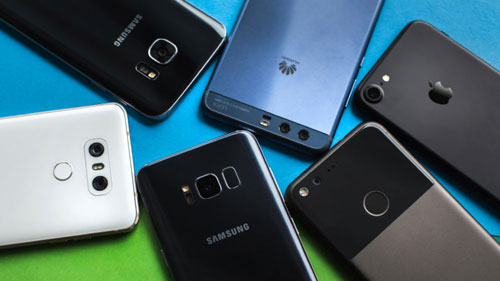Android and iOS smartphones share data with their par-ent companies every four-and-a-half minutes, a new academic study has revealed.
The study, con-ducted by The Trinity College Dublin research has heightened privacy concerns.
The findings divulge that there is little difference between Apple and Google when it comes to collecting certain data. iPhones don’t offer more security than Google devices ac-cording to the study.
Published by Prof Doug Leith at Trinity’s Connect Centre, the study noted that Google handsets collected “a notably larger volume of handset data than Apple.”
Google devices send 1MB of data from Google Pixel handsets when not in use every 12 hours, whereas Apple phones send 52KB.
Data shared in-cudes details such as insertion of a SIM and handset details, hardware serial number, IMEI, Wifi MAC address and the phone number.
“I think most peo-ple accept that Ap-ple and Google need to collect data from our phones to provide services such as iCloud or Google Drive.
But when we simply use our phones as phones – to make and receive calls and nothing more – it is much harder to see why Apple and Google need to collect data,” said Prof Leith.
“Yet in this study we find that Apple and Google collect a wealth of infor-mation in precisely that situation.
It seems excessive, and it is hard to see why it is neces-sary.”Moreover, Prof Leith said the de-vices not only col-lected data about handset activity, but also about handsets nearby.
“The WiFi MAC address identifies a device on a WiFi network and so, for example, uniquely identifies your home router, cafe hotspot or office network.
That means Apple can potentially track which people you are near to, as well as when and where. That’s very con-cerning.”










